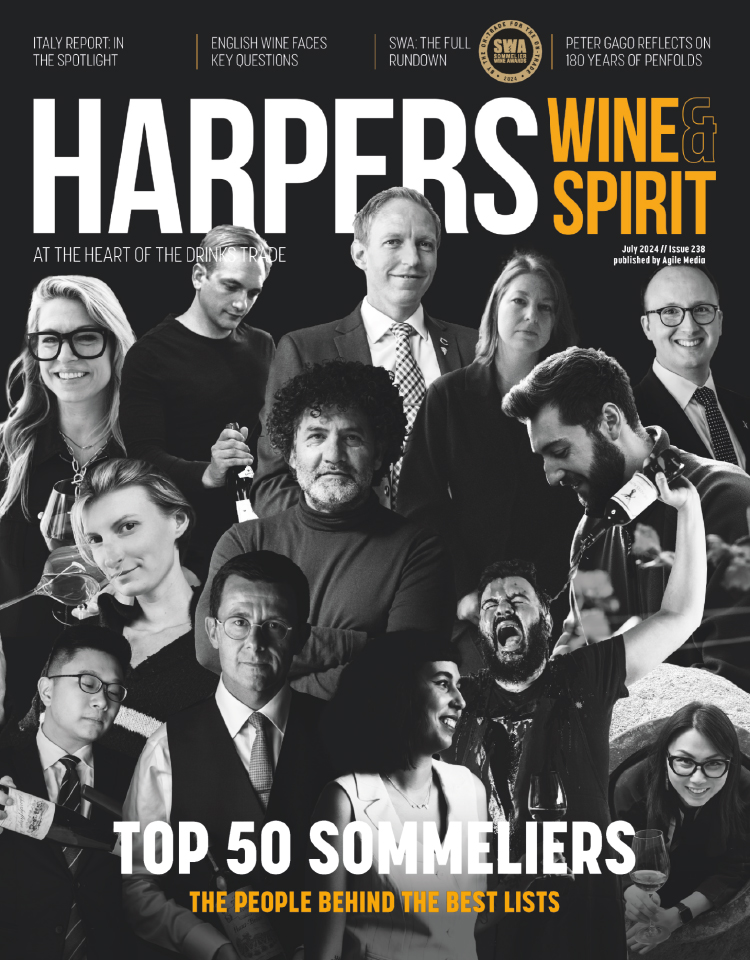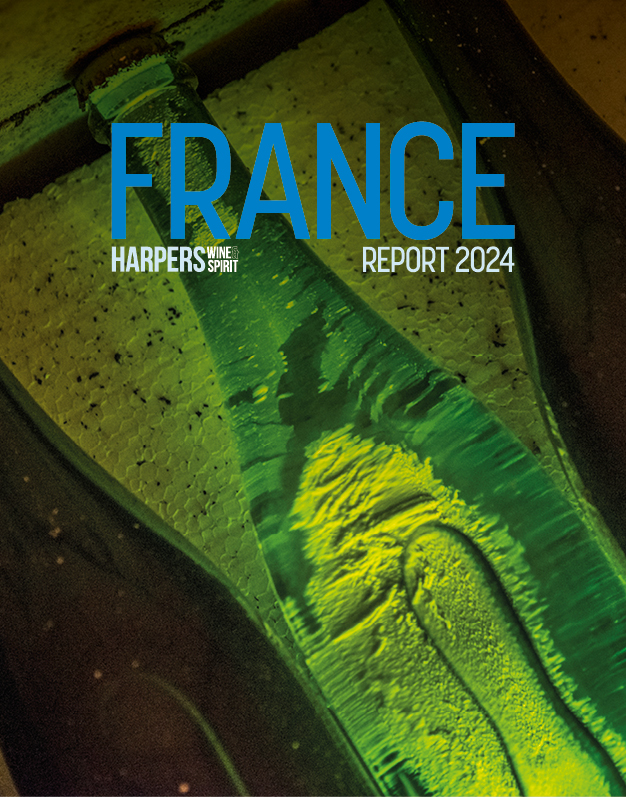
D&D Wines: Angove’s five year battle to get paid
Many readers will recall the collapse of D&D Wines in 2012, leaving numerous wine suppliers from around the world owed large amounts of money for wine supplied. In such cases there is not usually much left for unsecured creditors once the liquidators have taken their fees. However, Australian producer Angove Family Winemakers was in an unusual position, which gave it a prospect of being paid in full. But Angove had to battle with D&D’s liquidators for nearly five years, and all the way to the UK Supreme Court, to obtain payment.
Angove’s argument
D&D acted as Angove’s UK agent in some circumstances and its distributor in others. When D&D went bump some A$890,000 was owing from Direct Wines and PLB (acting for Sainsbury’s) for wine supplied by Angove. Angove’s position was that D&D had acted as agent for the sales in question. The debts were therefore owed by the customers to Angove, and D&D was entitled to commission on the sales. But the written Agency & Distribution Agreement between them (the ADA) made D&D responsible for collecting payments from customers and paying the amounts collected to Angove, after deducting its commission. So, on learning that D&D was about to go into administration, Angove was advised that it should immediately terminate (a) the ADA, and (b) D&D’s authority to collect the outstanding debts. Which it did.
The Liquidators’ argument
The Liquidators argued that D&D acted as distributor for the sales in question – Angove had sold to D&D, who had then sold on to the buyers. Thus the buyers were in contract with D&D, not Angove, and had to pay D&D. But because D&D was insolvent Angove were unsecured creditors for the amounts owed by D&D to Angove.
Off to the High Court
It was agreed that the outstanding A$890,000 would be collected in from the customers when due and held in an escrow account pending determination of who was entitled to it. In February 2013 the High Court found for Angove. The sales in question had been concluded on the agency basis. The debts were owed by the buyers to Angove. Angove had terminated the ADA and D&D’s authority to collect the debts. Angove was entitled to the money in the escrow account and its legal costs. So far so good for Angove. But that was not the end of it.
…. then the Court of Appeal
The Liquidators accepted that D&D had acted as agent: nevertheless, they applied for permission to appeal. Their argument now was that D&D had an “accrued right” to collect the money under the terms of the ADA which could not be terminated despite the express termination of both the ADA and the authority to collect. The Court of Appeal gave them permission despite Angove’s objections. Worse still, in March 2014 the Court of Appeal upheld the appeal: it held that the Liquidators were entitled to the escrow fund and Angove were unsecured creditors. Angove was ordered to pay the Liquidators’ costs of both the appeal and the original proceedings.
… and on to the Supreme Court
This was disastrous for Angove. Its credit insurance would not apply in this situation (see below). The only hope of retrieving the position was an appeal to the UK Supreme Court. That would mean (a) a very substantial further commitment in terms of costs, and (b) persuading that Court that the appeal raised a question of law of general importance. But Angove was determined not to throw in the towel. Permission to appeal was sought, and was granted in October 2014.
Angove’s main argument was that the CA decision offended the long-standing rule that a principal can always revoke an agent’s authority, whatever the contract between them might say. In response, the liquidators shifted their ground once again – now they argued that D&D’s authority to collect the money was intended to secure D&D ‘s right to commission and was thus irrevocable.
The case was heard in June 2016. The Supreme Court allowed the Liquidators to run their new argument, but found in favour of Angove. It reversed the Court of Appeal and restored the original High Court decision. Angove was subsequently awarded its costs of both appeals as well.
End results
Angove always believed, and was advised, that its claim should and would succeed. In the end, its stance was vindicated and it received the whole of the escrow fund, plus accrued interest, and its costs. But it took five years. And even though the Liquidators had to pay its costs of the entire proceedings, and Angove made a pretty good costs recovery, it did not recover 100% of the actual costs. To say nothing of the huge amount of management time spent on the case, and the stress and anxiety it caused.
What about the creditors of D&D? Both the costs awarded to Angove and the Liquidators’ own costs will come out of the pot. The creditors have waited five years to be told that not only has the litigation gained them nothing, the costs incurred have substantially reduced the final amount available for them.
What lessons can be learnt?
Collection of customer payments
In the past, my advice to wine suppliers considering allowing their agents to collect customer payments was: try to avoid it but, if you can’t, make sure you have watertight contractual arrangements for the money collected to be held on trust. Following this case, I now give very strict advice, as follows:
- a supplier who uses a UK agent should not – under any circumstances, ever – allow the agent to collect customer payments on its behalf.
Credit insurance
Angove had credit insurance for D&D. Had the High Court rejected Angove’s claim, and found that it had been selling to D&D, not the customers, the insurance would have provided cover. But there would have been no cover had the Court of Appeal decision stood. So there’s a second rule:
- if you put credit insurance in place – which is usually a good idea – you must ensure that the contract documentation and procedures actually used give you effective cover. There is no point in paying the premiums otherwise.
The perils of litigation
Finally, the case shows why the outcome of litigation – how long it will take, when and how it will eventually be concluded – can so rarely be predicted with certainty. And that people who are spending other people’s money – such as liquidators – will not necessarily behave as they would if spending their own.
Andrew Park is a solicitor and director of APP Law, a UK law firm specialising in wine trade-related work. He represented Angove on the case throughout.
Keywords:
- Andrew Park
- Angola
- D&D
- Wines
- litigation
- Agency & Distribution Agreement
- Liquidators’
- liquidation
- APP Law






